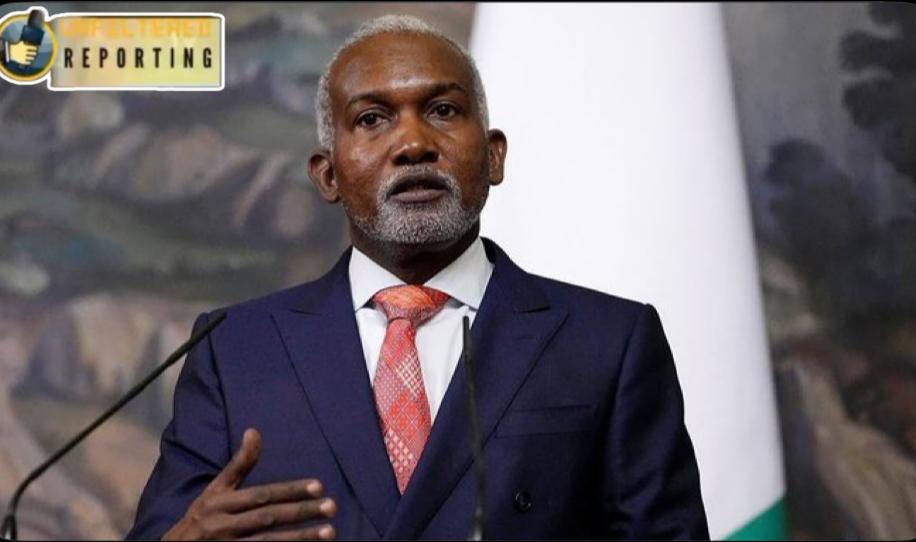Nigerian Missions Abroad Face Eviction Threat Over Unpaid Rents, Utility Bills, Laments Tuggar

The Federal Government has confirmed that a number of Nigerian embassies and consulates overseas are facing serious financial difficulties, with some at risk of eviction over mounting unpaid rents, utilities, and staff wages.
The Ministry of Foreign Affairs, while acknowledging the crisis, explained that years of inadequate budgetary allocations and recent exchange rate reforms have left many missions struggling to meet basic obligations. This has in turn disrupted the smooth running of Nigeria’s diplomatic and consular services abroad. In a statement issued by the ministry’s spokesperson, Kimiebi Imomotimi Ebienfa, the government admitted that the situation has affected the payment of locally recruited staff, foreign service allowances for home-based officers, as well as obligations to landlords and service providers. He stressed that the ministry is “not unaware” of the difficulties being faced and is already taking steps to cushion the impact. Reports from several countries indicate that some landlords have threatened Nigerian missions with eviction, while utility providers have warned of service cuts. In addition, locally employed staff in some embassies have gone months without pay, raising fears of possible strikes that could further cripple operations. Diplomatic observers warn that if unresolved, the situation could disrupt passport renewals, visa services, and other essential consular duties that millions of Nigerians abroad rely on. To manage the crisis, the Ministry of Foreign Affairs has constituted a committee tasked with reviewing the debt profiles of all affected missions to ensure that settlements are transparent and equitable. The government also disclosed that intervention funds have been released, with a first tranche already reaching some missions. Further disbursements have been approved and are expected to follow in the coming months. The ministry added that it is engaging the Office of the Accountant-General of the Federation to address shortfalls caused by foreign exchange differentials, which significantly reduced the value of funds allocated to embassies after recent monetary policy changes. The troubles abroad come on the heels of domestic tensions earlier this year, when the Federal Capital Territory Administration (FCTA) issued eviction notices to over 30 embassies in Abuja over unpaid ground rents. That standoff, though largely symbolic given diplomatic immunity, underscored the depth of financial challenges facing both Nigerian missions abroad and foreign embassies within the country. Stakeholders have raised concerns over the implications of the crisis for Nigeria’s global image and its ability to protect citizens overseas. Civil society groups and opposition lawmakers have urged President Bola Ahmed Tinubu’s administration to prioritise embassy funding, warning that the neglect of missions undermines Nigeria’s foreign policy and weakens diaspora support. Despite the challenges, the Ministry of Foreign Affairs has assured Nigerians that the welfare of diplomatic staff and the continuity of consular services remain central priorities. Officials insist that while short-term interventions are underway, long-term reforms in funding models, accountability, and foreign service management will be required to prevent a recurrence of the crisis.









